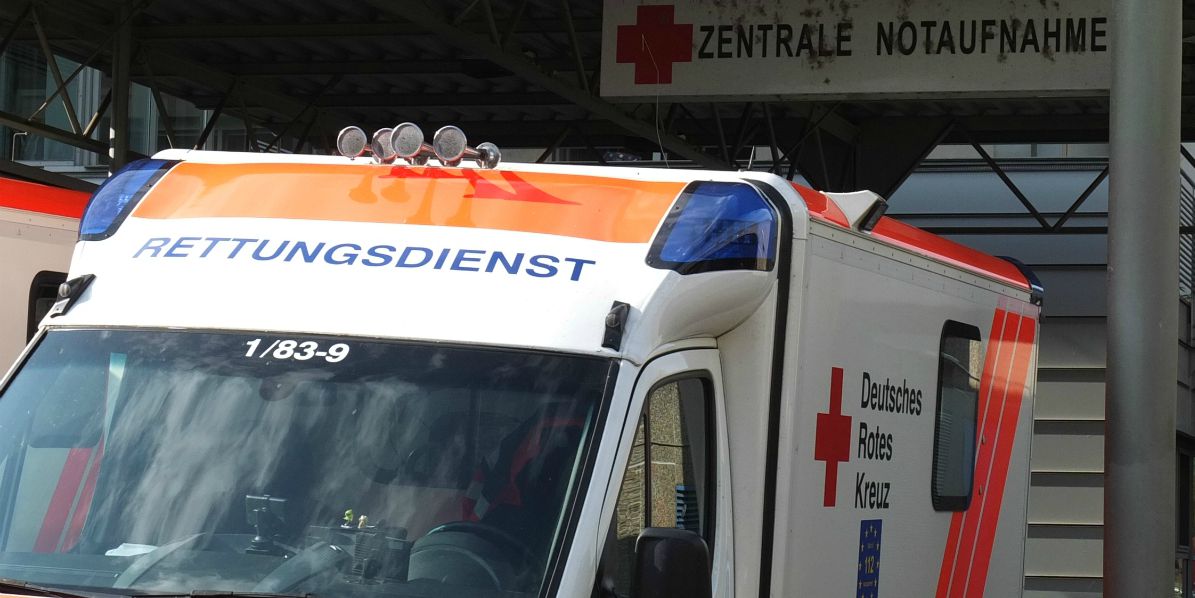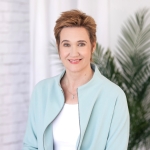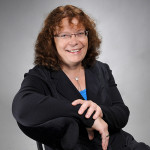With the current refugee crisis, there is a great need for multilingual health information in Germany and throughout Europe.
The links below provide access to reliable information in German and multiple other languages, to ease communication between refugees, support persons and health care providers. Many of the sources listed will also be useful for other groups in Germany or elsewhere in Europe, including migrants, exchange students, EU Blue Card holders and tourists.
The following webpages are in German, with links to health information and services in multiple languages.
1. Phrase books and picture dictionaries
1.1 Refugee Phrasebook
The Refugee Phrasebook (website in English) is an initiative to develop an online phrasebook with useful vocabulary and phrases for refugees in 28 languages. It is divided into general, medical and legal sections and is looking for pro bono contributors. There is an online version on Wikibooks and several printable versions.
1.2 tip doc
Published by Setzer Verlag, the tip doc series of picture dictionaries, medical history cards and information sheets can aid understanding in health-care settings. The illustrated information is available in several languages and can be used to communicate with patients and their family members.
Languages: German; Arabic, English, Farsi (Persian), French, Italian, Spanish, Russian, Turkish
2. Patient information
2.1 Medical Tribune
The Medical Tribune offers information for patients about common health problems such as hypertension, diabetes and dizziness in up to four languages.
Languages: German; Arabic, Russian, Turkish
2.2. Lower Saxony database with links
The ‘Health for Migrants in Lower Saxony’ website offers health information in multiple languages on topics including medications, disabilities, contraception, pregnancy, infant and child health, infectious diseases, depression and heart disease. (Most of the links work but I noticed a few dead links.) The information is from official sources such as the German Centre for Quality in Medicine (ÄZQ) and the German Federal Centre for Health Education (BZgA).
Languages: German; Arabic, Croatian, English, French, Greek, Italian, Polish, Romanian, Russian, Serbian, Serbo-Croatian, Spanish, Turkish, Vietnamese (not all of the topics are available in all languages).
3. Wikipedia and WikiProject Medicine
Wikipedia is not always a reliable source of information, but it has the huge advantage of being available in numerous languages. The WikiProject Medicine is subject to clear quality standards and is peer-reviewed. You can read more about the project in Imke’s blog post (in German) on the MedTranslate Conference in October 2014.
4. Vaccinations: Robert Koch Institute
The Robert Koch Institute (RKI) provides information on vaccinations in up to 16 languages. The webpage has links to 15 bilingual glossaries of vaccination terms, as well as the German immunisation schedule in 16 languages.
Languages: German; Albanian, Arabic, Croatian, Dari, English, Farsi, French, Kurdish, Polish, Romanian, Russian, Serbian, Spanish, Turkish, Urdu and Vietnamese.
5. Mental health
The BKK Landesverband Bayern has developed a ‘Wegweiser Psychotherapie’ (Psychotherapy Guide) for migrants, which is available in seven languages. It contains information on psychotherapy and the addresses of various associations in Bavaria and throughout Germany.
Languages: German; Arabic, English, Italian, Polish, Russian, Serbo-Croatian, Turkish
6. Selected interpreting services for emergency situations
6.1. Hanover area
The Ethnomedizinische Zentrum e.V. (EMZ) provides a medical interpreter service in the Hanover area for hospitals, clinics, advice centres, courts and service providers for asylum seekers and refugees, with interpreters for more than 50 languages.
Note: the interpreters providing this service are paid well below market rates (based on the JVEG), so some consider it comparable to expense-paid volunteer services.
6.2 ref.connect in the Berlin and Brandenburg area
ref.connect is a volunteer project that provides free assistance to refugees by bringing them together with language students. It has been developed by the AWO Bezirksverband Potsdam e.V. Volunteers are needed and organisations in the area can also place requests. This is an interesting idea that would also work in other regions.
7. Professional medical translators and interpreters in Germany
The German professional associations for interpreters and translators such as BDÜ, DVÜD, ADÜ Nord and ATICOM offer online directories of translators and interpreters for a wide range of languages. The associations are also ideal contact points for any questions about professional translation, training, supervision of volunteer interpreters and overcoming intercultural barriers.
The BDÜ also publishes printable directories of members specialising in medicine, members who work in rare languages and community interpreters who work in public-service settings. The lists are free to download.
And finally, the Initiative für Sprachmittlung im Gesundheitswesen (Initiative for language mediation in the health sector) is an alliance of German associations and organisations in the health, patient protection and language fields. It works to increase the safety of patients and doctors in Germany through qualified interpreting and cultural mediation.
Other articles in this series
This article is part of a series on multilingual health information for people in Germany. Have a look at the other articles in the series:
- Health information for refugees in multiple languages
- Multilingual health information in Germany – part two
- Multilingual health information in Germany and internationally
- Health care for refugees in Germany: legal aspects
Glossary
| German | English | Details |
| Arbeiterwohlfahrt (AWO) | Workers’ Welfare Association (AWO) | The AWO is one of the leading associations for independent welfare services in Germany. It provides a wide variety of assistance and advice services for various population groups. |
| Betriebskrankenkassen (BKK) | Company health insurance funds | Company health insurance funds are a component of statutory health insurance in Germany. |
| Justizvollzugs-entschädigungsgesetz (JVEG) | German Law on Payment and Compensation by Judiciary Authorities | Paragraphs 9 and 11 of this law stipulate the appropriate fees for interpreters (section 9, para. 3) and translators (section 11) for services commissioned and paid for by the authorities or courts. |
| Robert Koch Institut (RKI) | Robert Koch Institute (RKI): | The RKI is a German public health institute. Its primary focus is on protection from infectious diseases (including vaccination recommendations) and health monitoring (health studies, cancer registry data). |
Please note that neither Imke nor Jayne has a commercial relationship with any of the organisations mentioned above.
This list is certainly not complete and is not an endorsement of the reliability of the translated material available. The information may be useful for medical practitioners as well as volunteers providing medical interpreting, to broaden their language skills or for quick access to new topics.
Do you have other sources of reliable health-care information in multiple languages? Please get in touch to let us know!
Original article by Imke Brodersen, English-German medical translator. Translated and adapted by Jayne Fox, German-English medical translator and editor. I’d love to hear your thoughts on this article. Head over to Google+ or Twitter to continue the conversation!



